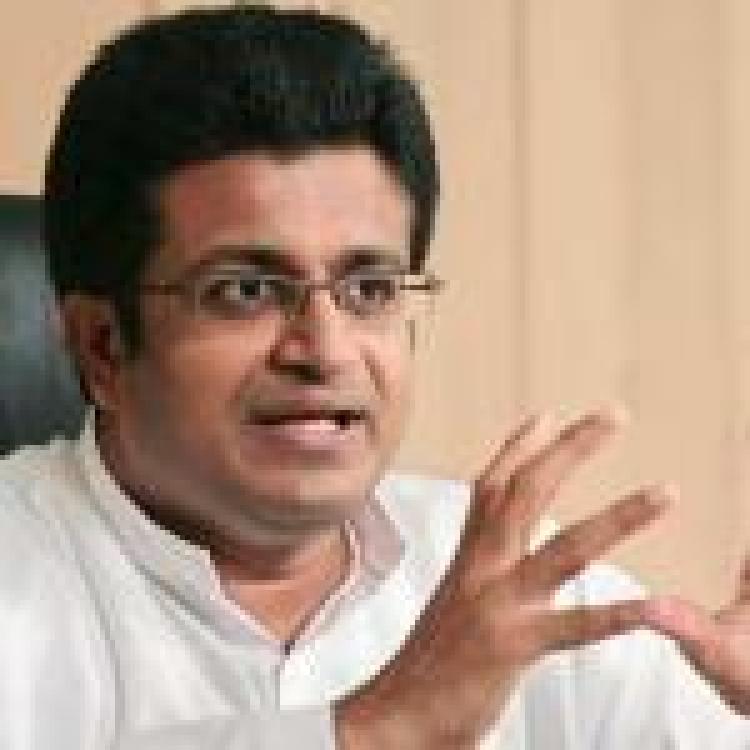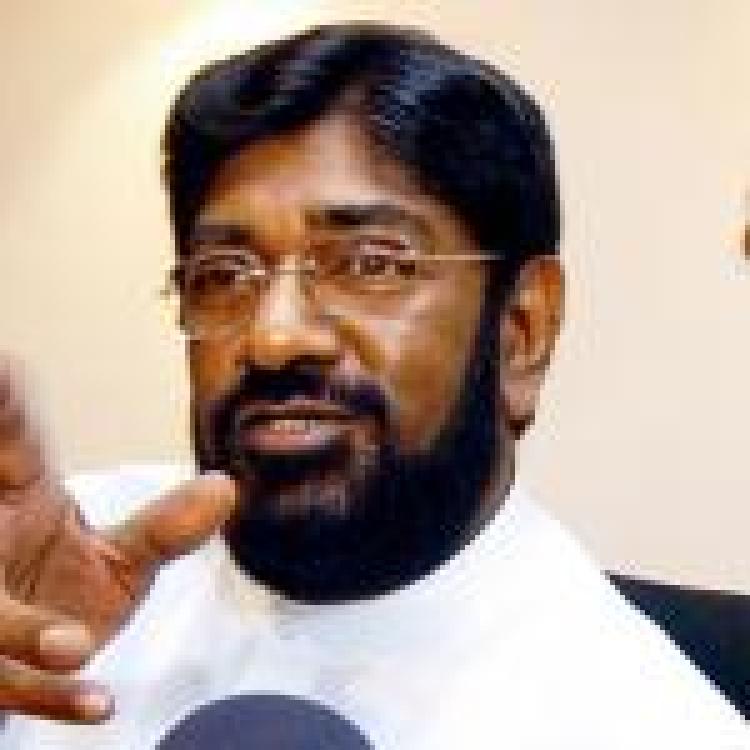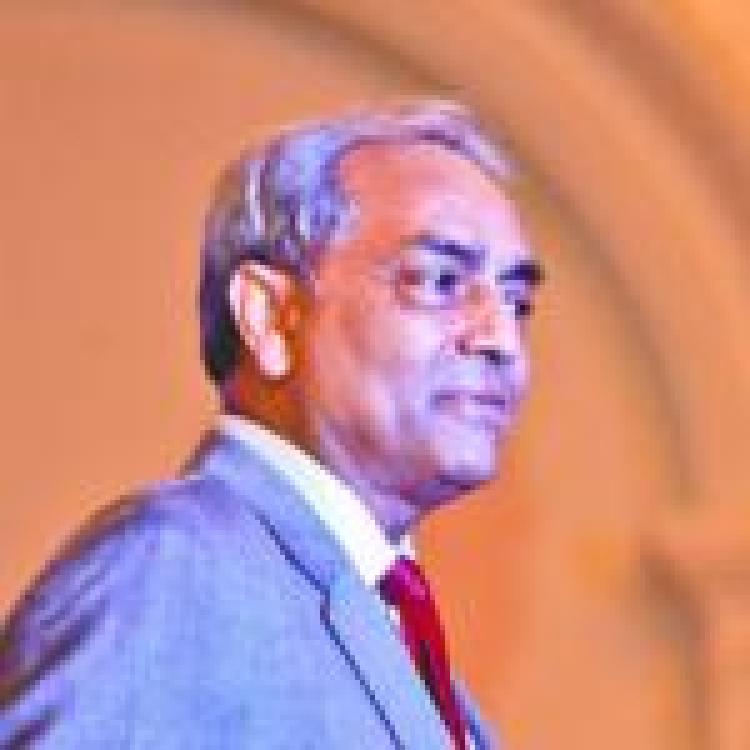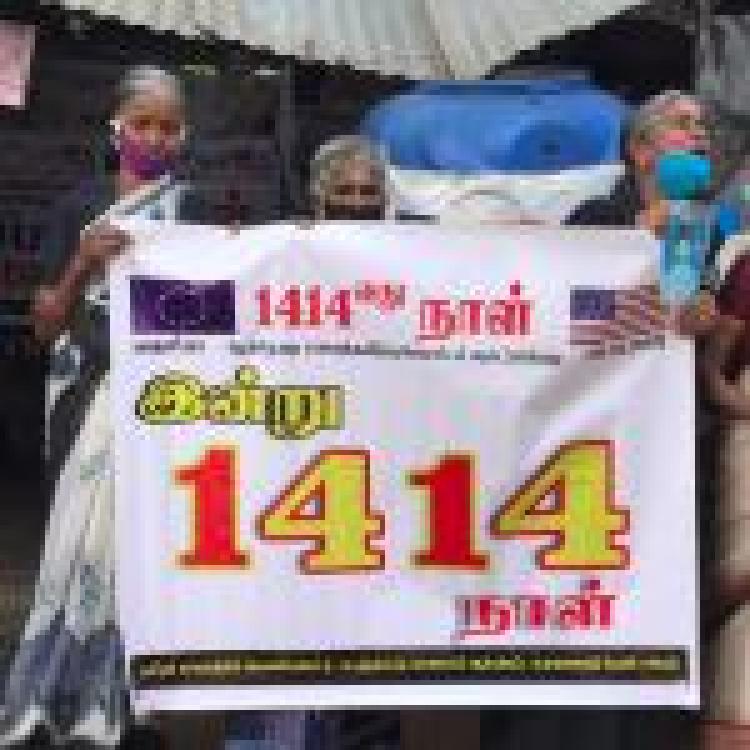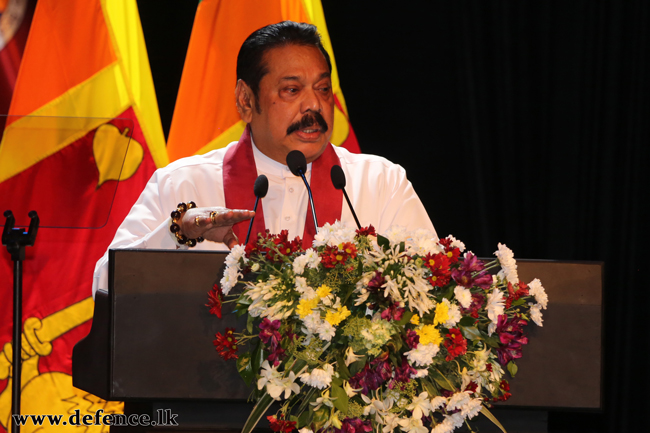
Sri Lanka's prime minister and accused war criminal Mahinda Rajapaksa slammed the five day long protest rally that took place across the Tamil homeland this week, claiming it was "trying to divide the country”.
"Those who are now agitating against the government remained mum during the Yahapalanaya regime, which heaped unbearable burdens on the masses,” said Rajapaksa in comments reported by The Island.
He added that “while protests are being organised in the South, another group is the North is trying to divide the country” and that those who are organising protests are struggling for “political survival”.
The previous ‘good governance’ regime led by one-time acting defence minister Maithripala Sirisena, failed to implement nearly all required aspects of the co-sponsored UNHRC resolution 30/1 which required the formation of an independent international panel of judges to investigate war crimes committed in the armed conflict. It had also failed to address the grievances of Tamil population with protests by the families of the disappeared and against military land grabs beginning during its term. The current Rajapaksa regime has withdrawn from the resolution and has ramped up surveillance and intensified militarisation across the North-East.
“There is jealousy against the government by some who have lost public appeal and now become lost causes" Rajapaksa claimed. "Without working towards winning the confidence of the people, these elements are staging media circuses.”
The comments come after this weekend saw up to fifty thousand Tamils march across the homeland, participating in the Pottuvil to Polikandy march. The march which was organised by Tamil civil society members across the North-East outlined ten key demands. Some of the issues highlighted included the continued land grabbing and Sinhalisation of traditionally Tamil areas, the ongoing intensifying militarisation of Tamil lands and the denial of the right to remember those who gave their lives in the Tamil struggle for freedom.
The walk, which was endorsed by Tamil political parites, as well as Tamil and Muslim civil society organisations was met with heavy state resistance but culminated in Polikandy where it is estimated fifty thousand people had joined.
Read more at The Island.

